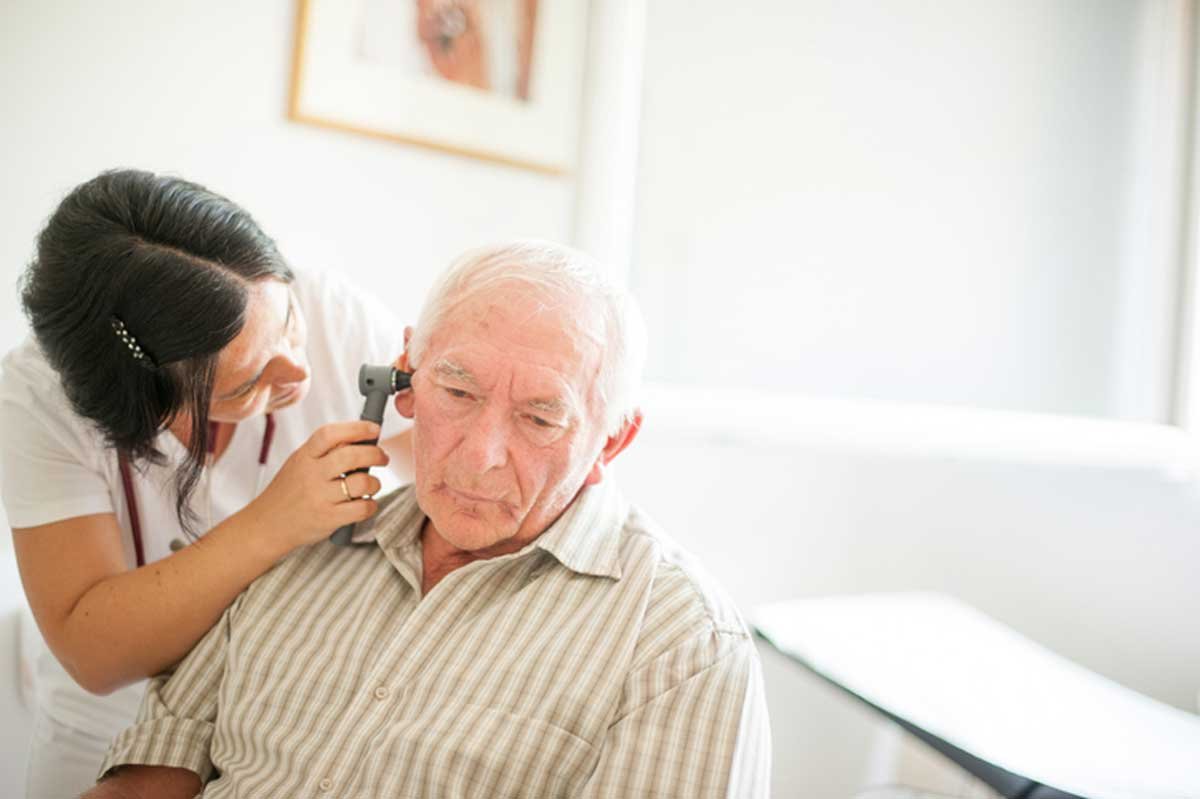Around a third of people in the UK report the symptoms of tinnitus – a condition whereby we perceive sound without there being any sound present. While it’s more common in older people, it’s found in younger people, too.
What is tinnitus?
If you’re hearing a buzzing, ringing, or humming in your ear, then you’re suffering from tinnitus. Sometimes, you might hear it equally in both ears; sometimes, it’s found in one or the other.
The precise causes of tinnitus are difficult to pinpoint, but what’s important to bear in mind is that it is a psychological condition rather than a physiological one.

How can it be prevented?
Sometimes, it’s impossible to prevent tinnitus. This is because there isn’t always one specific cause. Sometimes it comes about by anxiety; sometimes it’s triggered by an infection. The easiest and best way to lower the risk is to avoid exposure to loud noises.
Those attending rock concerts might use specialised earplugs, so that they can enjoy the music without damaging their hearing. The same applies especially to those working on construction sites, or in other loud workplace environments. A given drill might produce particular frequencies at loud volumes throughout the day, which poses a much more egregious threat than music. Thus, heavy-duty hearing protection is critical.
If you’re listening to music on headphones, then it’s important to monitor the level of the sound and take action to limit it. If you think you’re at risk, then you might speak to an audiologist for a recommendation appropriate for your circumstances.
How can it be treated?
There’s no way to reverse tinnitus. This is so because there’s limited information as to what actually causes it, and there are few specialised research centres devoted to studying the problem.
So, does that mean that you’re stuck with a ringing in your ears for the rest of your life? The answer is a yes, but with a few caveats attached. Modern hearing aids that are rechargeable have several features that provide the best possible options for patients who have hearing loss in the same frequency range as their tinnitus.
The first thing to remember is that your brain is very good at ignoring things, if you give it enough of the right training. We all get those strange spots in our vision, called ‘floaters’. These are caused by specs of gunk floating around the vitreous fluid inside our eyeballs, and they’re always present – though we barely ever notice them.
With the right cognitive behavioural therapy, you’ll be able to ignore your tinnitus in the same way, and thereby enjoy a much-improved quality of life. CBT is a form of counselling in which the patient learns a range of techniques over the course of several months. It’s extremely effective in empowering patients to deal with not only tinnitus, but a range of other problems, too.












